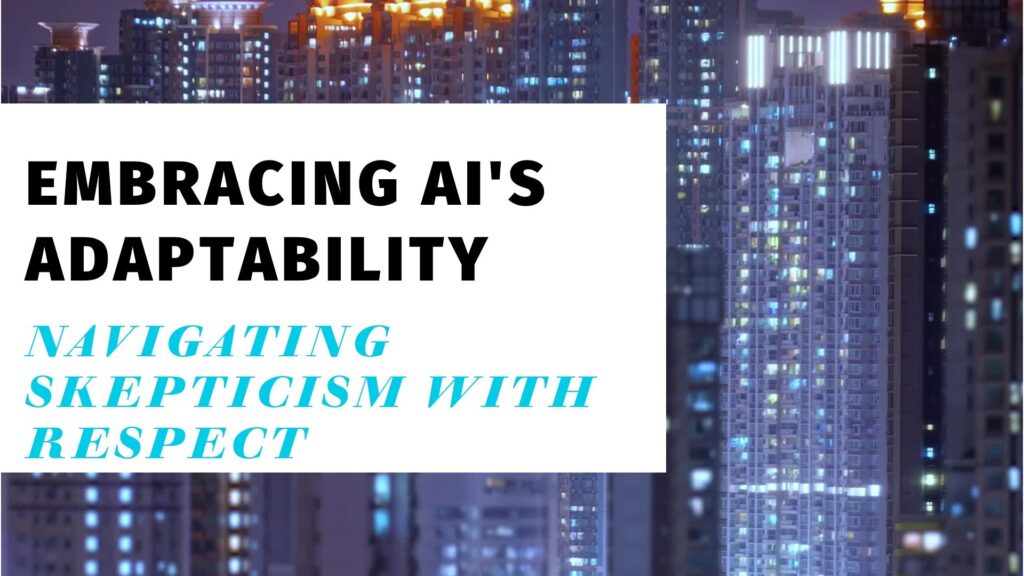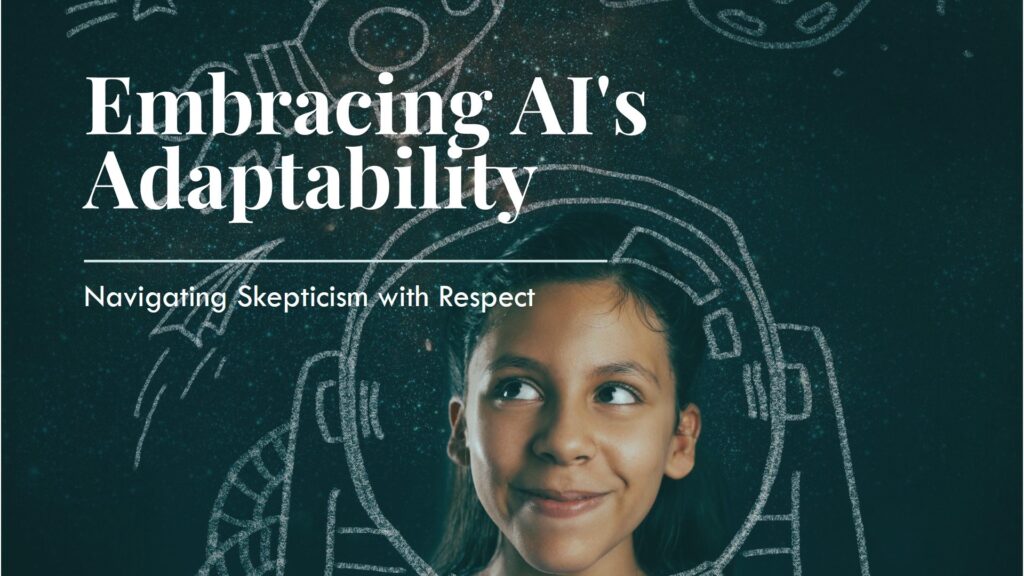In today’s rapidly evolving digital landscape, Artificial Intelligence (AI) stands at the forefront of the technological revolution, reshaping how we approach our professional and personal lives. However, this seismic shift has not been without its challenges. Skepticism and apprehension towards AI are common, often stemming from misconceptions, fear of the unknown, or philosophical and ethical concerns. In navigating these concerns, it is imperative to approach AI with respect and understanding, acknowledging its role as a tool to augment, not replace, human capabilities.
AI as a Collaborative Ally in Professional Settings
AI’s adaptability makes it an invaluable ally in various professional settings, especially in fields requiring precision and efficiency, like facility maintenance. In these sectors, AI is not a competitor but a collaborator that elevates human work. For instance, in facility management, AI-powered tools can analyze large data sets to predict maintenance needs, allowing technicians to address issues before they escalate proactively. This symbiotic relationship between human insight and AI’s analytical prowess enhances decision-making and operational efficiency.
Enhancing Everyday Tasks with AI
AI’s role in simplifying everyday tasks cannot be overstated. From organizing schedules to optimizing workflow, AI tools can handle repetitive or time-consuming tasks, freeing up individuals to focus on more creative and strategic endeavors. For example, AI can streamline appointment setting or email management, enabling professionals to dedicate more time to complex problem-solving and innovation. This aspect is crucial in sectors like facility maintenance, where time is often of the essence, and strategic planning is key to effective management.
AI and Continuous Learning
One of AI’s most significant benefits is its role in facilitating continuous learning and development. AI tools can provide personalized learning experiences, suggest relevant resources, and even offer feedback on performance. In professions that demand constant upskilling, like facility maintenance, AI can guide technicians through the latest trends, techniques, and technologies, ensuring their skills remain relevant and cutting-edge.
Overcoming Skepticism with Empathy and Understanding
To effectively integrate AI into our professional lives, we must address skepticism with empathy and understanding. This involves acknowledging the concerns and fears surrounding AI and offering assurance about its role as an enhancer of human capabilities. Education and open dialogue about AI’s potential benefits, limitations, and ethical use are key to fostering acceptance and collaboration.

Conclusion: The Future of AI in Enhancing Work-Life Capacities
As we navigate the complexities and potentials of AI, it’s clear that its role extends beyond mere technology; it is a catalyst for growth, efficiency, and innovation. By respecting its capabilities and limitations and understanding its role in augmenting human effort, we can harness AI’s full potential to enhance our work-life capacities, particularly in specialized fields like facility maintenance. The future promises AI and human collaboration, leading to more productive, fulfilling, and innovative professional landscapes.



